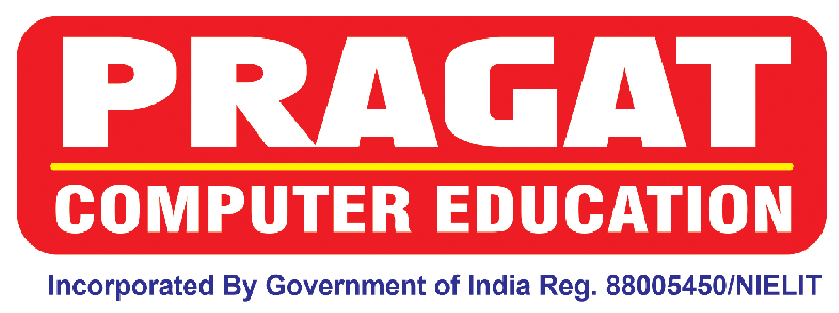Here are some key components and strategies within digital marketing:
- Search Engine Optimization (SEO): SEO focuses on optimizing websites and content to improve their visibility and rankings in search engine results. It involves techniques such as keyword research, on-page optimization, link building, and website structure improvement to increase organic (non-paid) search engine traffic.
- Search Engine Marketing (SEM): SEM involves paid advertising on search engines like Google through platforms like Google Ads. It includes pay-per-click (PPC) campaigns where advertisers bid on keywords to display their ads in search results. SEM can help drive targeted traffic to websites and increase brand visibility.
- Social Media Marketing: Social media marketing leverages social media platforms such as Facebook, Instagram, Twitter, LinkedIn, and others to promote products and services. It involves creating engaging content, building a social media presence, running targeted ads, and interacting with followers to increase brand awareness, engagement, and conversions.
- Content Marketing: Content marketing focuses on creating and distributing valuable, relevant, and consistent content to attract and retain a clearly defined audience. It includes blog posts, articles, videos, infographics, e-books, and other forms of content to educate, entertain, or provide value to users. Content marketing aims to build trust, establish thought leadership, and drive customer engagement.
- Email Marketing: Email marketing involves sending targeted and personalized emails to a subscriber list. It can be used to nurture leads, promote products, provide updates, and build customer loyalty. Email marketing campaigns are designed to engage subscribers, drive conversions, and maintain ongoing communication with customers.
- Display Advertising: Display advertising involves placing visual or multimedia advertisements on websites, blogs, or mobile apps. These ads can be in the form of banners, videos, or interactive elements and are often targeted based on user demographics or interests. Display advertising aims to increase brand visibility, generate traffic, and drive conversions.
- Influencer Marketing: Influencer marketing involves collaborating with influential individuals or content creators to promote products or services. Influencers have a significant following and can help reach and engage specific target audiences. Influencer marketing can be done through sponsored content, reviews, endorsements, or partnerships.
- Analytics and Tracking: Digital marketing relies heavily on data analysis and tracking to measure campaign performance, identify trends, and make data-driven decisions. Tools like Google Analytics provide insights into website traffic, user behavior, conversions, and other key metrics.
Digital marketing offers businesses the opportunity to reach a global audience, target specific demographics, and measure the effectiveness of marketing efforts. It allows for better targeting, personalization, and cost efficiency compared to traditional marketing methods.
Successful digital marketing campaigns require a deep understanding of the target audience, clear objectives, strategic planning, consistent monitoring, and continuous optimization. Staying updated with the latest trends, technologies, and best practices in digital marketing is essential to stay competitive in the rapidly evolving online landscape.


